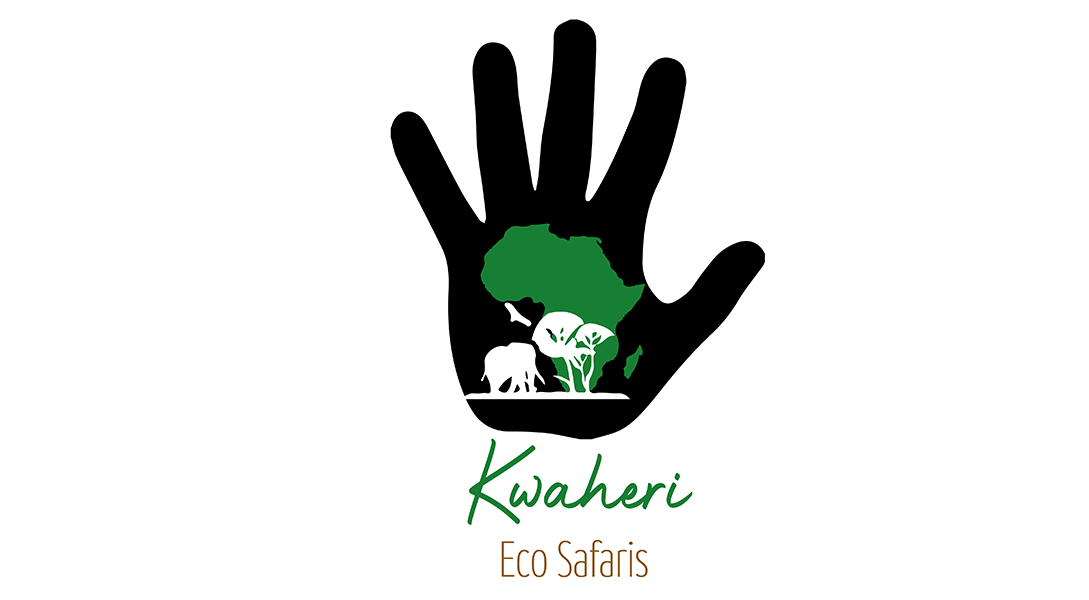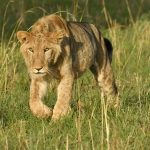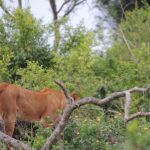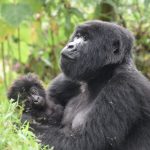+256750552772
info@kwaheriecosafaris.com
- HOME
- ABOUT US
- EXPERIENCES
- NATIONAL PARKS
- Queen Elizabeth National Park
- Ruwenzori Mountains National Park
- Semuliki National Park
- Murchison falls National Park
- Piane Upe Wildlife Reserve`
- Mount Elgon National Park
- Mgahinga Gorilla National Park
- Kidepo Valley National Park-
- Bwindi Impenetrable National Park
- Kibale National Park
- Lake Mburo National Park
- NATIONAL PARKS
- DAY TOURS
- TOURS
- Uganda
- 13 days sight seeing and primate safari in uganda
- 13 Days Uganda Rwanda magical safari
- 2 Days Birding Mabira forest Uganda
- 3 Days Gorilla Trekking Safari
- 3 Days Hiking Mountain Elgon Safari
- 3 days Kibale chimpanzee tracking
- 3 Days Queen Elizabeth National Park
- 3 Days Lake Mburo National Park
- 3 Days Murchison falls Uganda Safari
- 9 Days Uganda Wildlife Safari
- 13 Days- Wildlife safari
- Rwanda
- Kenya
- Tanzania
- Uganda
- GALLERY
- BLOG
- CONTACT US





